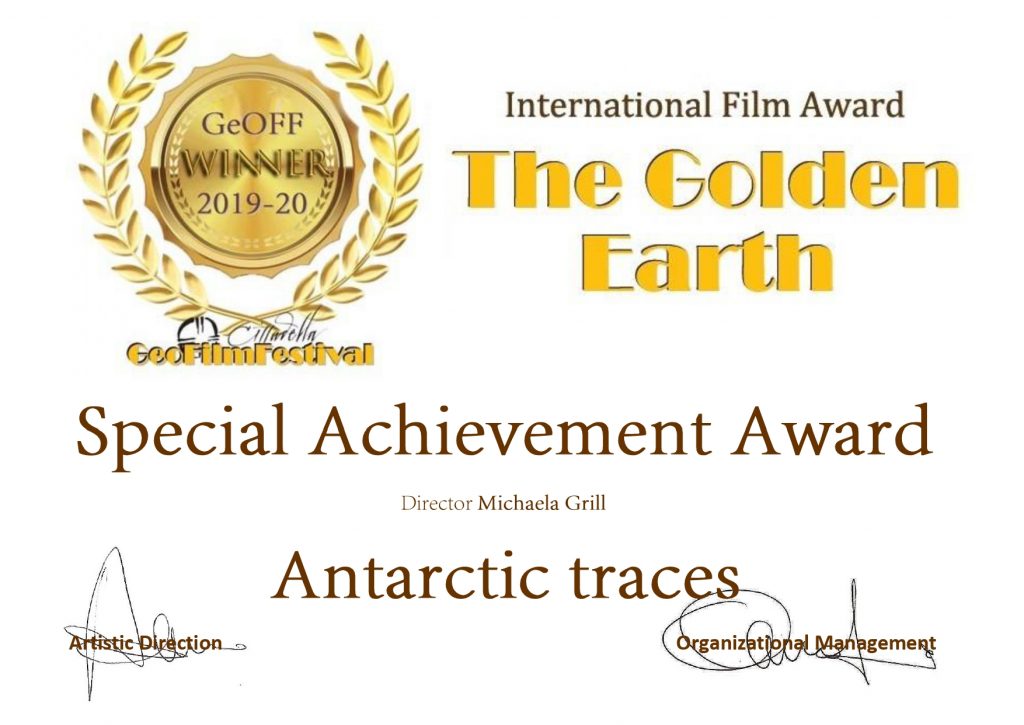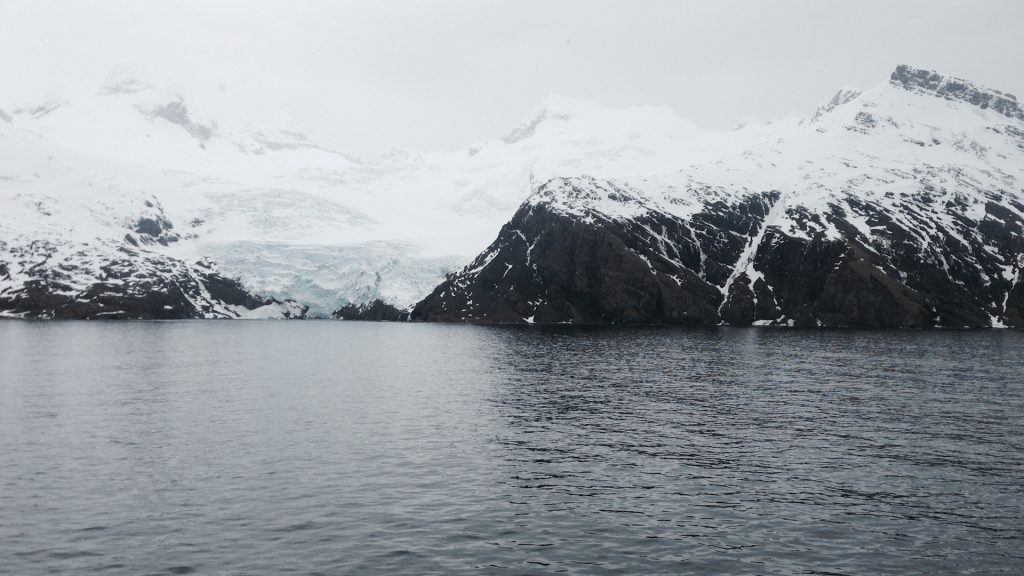check out the exhibition version Antarctic Traces Revisited here

AT/CAN 2019, col & bw, 30
music, sounddesign: Nick Kuepfer, voice: Elizabeth Anka Vajagic, voice recoding, soundmix: Steve Bates, supported by: iff Innovative Film Austria, CINE ART Styria, Wien Kultur, distribution: sixpackfilm
Approaching the mysterious, inaccessible realm via the few traces that are currently available. At the same time, revolving around the desolation and devastation that humans have left in their treatment of it. Michaela Grill devotes herself to these two tasks in Antarctic Traces, a splendid, thoroughly composed study of the most mysterious of all continents, or rather, the supplements of it that are accessible. For one, there is the rough landscape of the coast of South Georgia, a group of islands located off of Antarctica, which Grill examines in what are mainly still frames. For another are the (largely black-and-white) archive images in which the thematic focus of the film, the history of whaling since the late nineteenth century, are historically embedded. And there is also a narrative elaborately woven from numerous literary sources, spoken from off screen and interlaced with subtle sound inserts, that allows this highly abject episode in humanity´s exploitation of nature to become present: the industrial slaughter of seals, sea elephants, and primarily whales until into the 1970s, which took its brutal course in the waters of the south Atlantic. In an alternating rhythm of still images, minimally moving pictures, and individual camera pans, Antarctic Traces divulges a mosaic-like tableau of a „dead, chilly world“: glaciers, skeletons, industrial ruins, and rusted ships bear witness to the uncompromising eagerness for power of the „whaling industry.“ Presently populating the landscape of „scarred“ wasteland are penguins and seals as hangers-on who just won´t die. As a whole, Antarctic Traces creates a disturbing portrait of a deadly peace that humans have caused in a remote area of the earth and seas. Traces of a ruinous freedom, which is profoundly rooted in nothing. (Christian Höller)
Antarctic Traces reflects on the history of human activities on South Georgia, Antarctica. Sealing and whaling can be seen as exemplary ways how humans deal with nature (to this day). I am interested to investigate what nature looks like after human exploitation and explore the physical (industrial) ruins as well as the void we have left behind. (Michaela Grill)
festival placements:
Diagonale Graz/A, Festival International du Film sur l’Art Montreal/CAN, Gijon Int. Filmfestival/E, London International Filmfestival/UK, Jihlava Int. Documentary Festival East Silver market/CZ, Rome Independent Filmfestival/I, Geofilmfestival Padua/I, International Nature Film Festival Gödöllö/H, Universal Film Festival Kansas City/USA, Rovereto DOC Fest/I, Human-Environment Care Film Festival Pickering/CAN, Box Short Film Festival Tehran/IR, Festival Renuac/CHL, RNAB Festival São Paulo/BRA, Vaasa Wildlife Festival/FI, Mysuru International Water Film Festival Bangalore/India, One World Romania International Human Rights & Documentary Film Festival in Bucharest, Festival Film Bahari – Sea and Coastal Film Festival/IDN, Bozcaada International Festival of Ecological Documentary/TR, Black Cat Award International Film Festival La Paz/BOL, Cine Animal Fest Bogotá/COL, Steve Aronson International Film Festival/CRI
screenings:
MUMOK Museum of Modern Art Vienna/A, blaugelbe Gallerie Zwettl/A, Künstlerhauskino Vienna/A, Breitenseer Lichtspiele Vienna/A, Vancouver Maritime Museum, Vancouver Aquarium, Museum of Contemporary Art Belgrade/RS, Kino klub Split/HR, Austrian Embassy Manila/PHL, Austrian Cultural Forum Tehran/IR, ART SPEAKS OUT on COP 27 – United Nations Climate Change Conference Sharm el-Sheikh/EGY
prices:
Best Cinematography at Universal Film Festival in Kansas City/USA
Special Achievement Award for Best Movie at Geofilmfestival Padua/I
nominated for RIFF Award beim Rome Independent Filmfestival
nominated for Best Short Documentary at Human-Environment Care Film Festival Pickering/CAN
nominated for Best Short Documentary at RNAB Festival São Paulo/BRA
exhibitions:
Inside the Frame, Verksmiðjan Hjaleyri/IS, Antarctic Traces Revisited, Cinémathèque quebecois Montréal/CAN, SAW Sofia Art Week/BUL, EVA Experimental Video Art Exhibition Bangkok/THA, Ice Matters, Size Matters. Space for Art & Film/A
online:
Labocine/ „Pick of the Week“
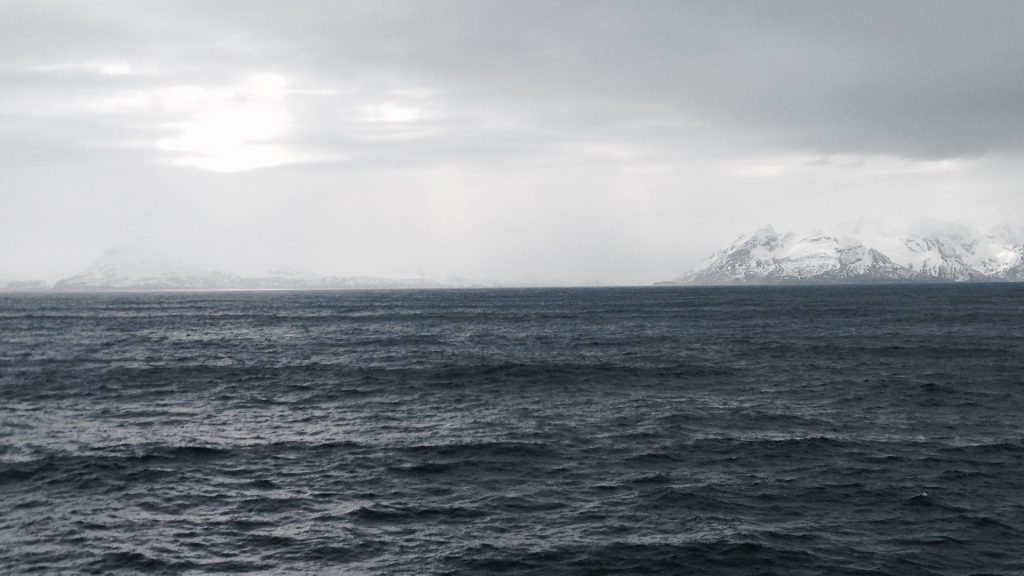
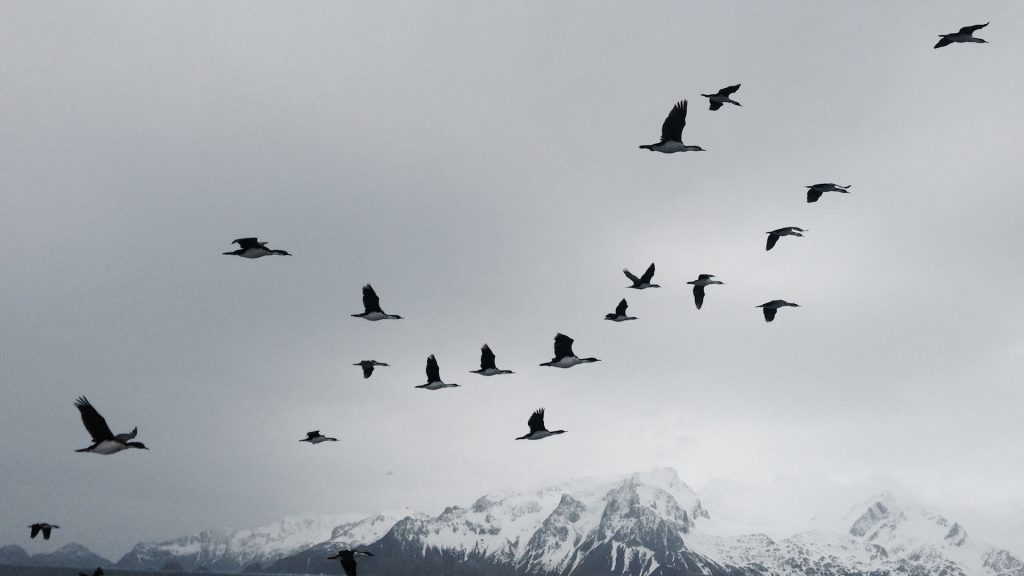
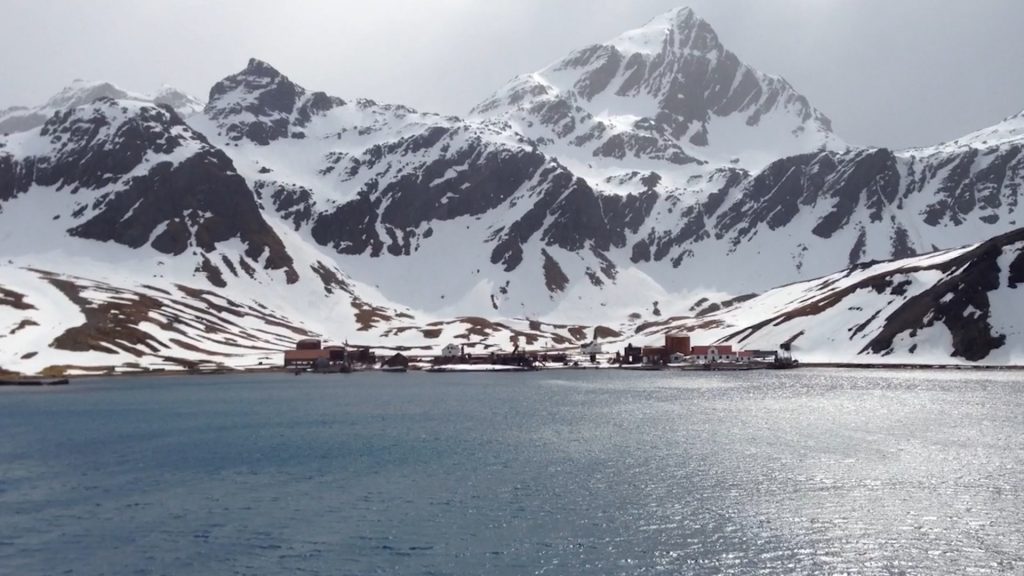
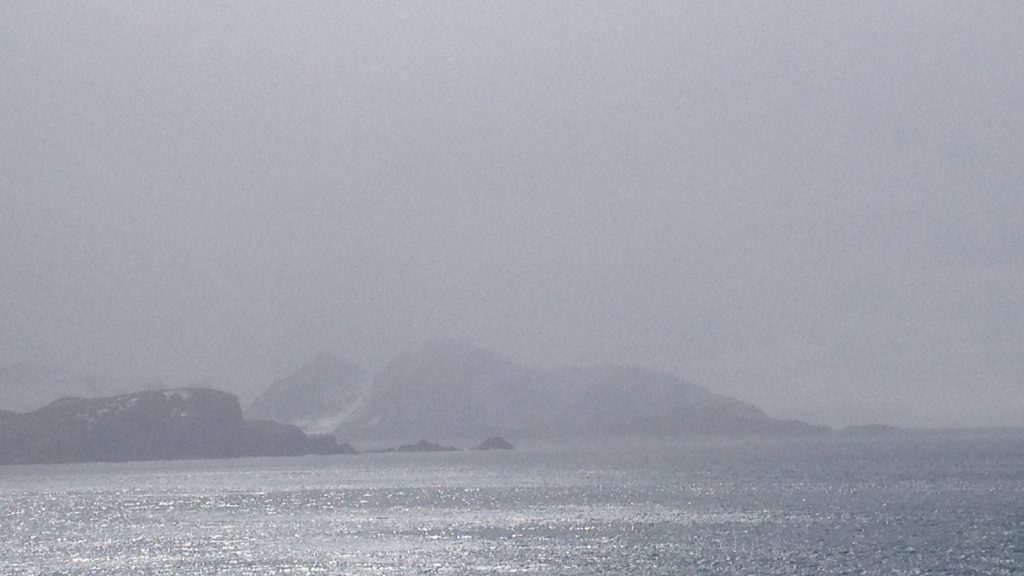
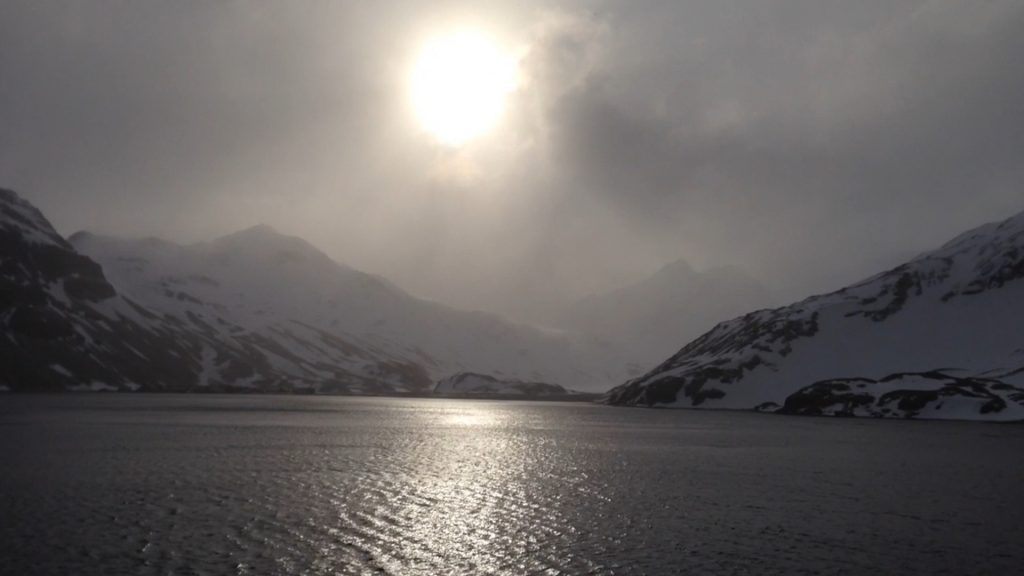
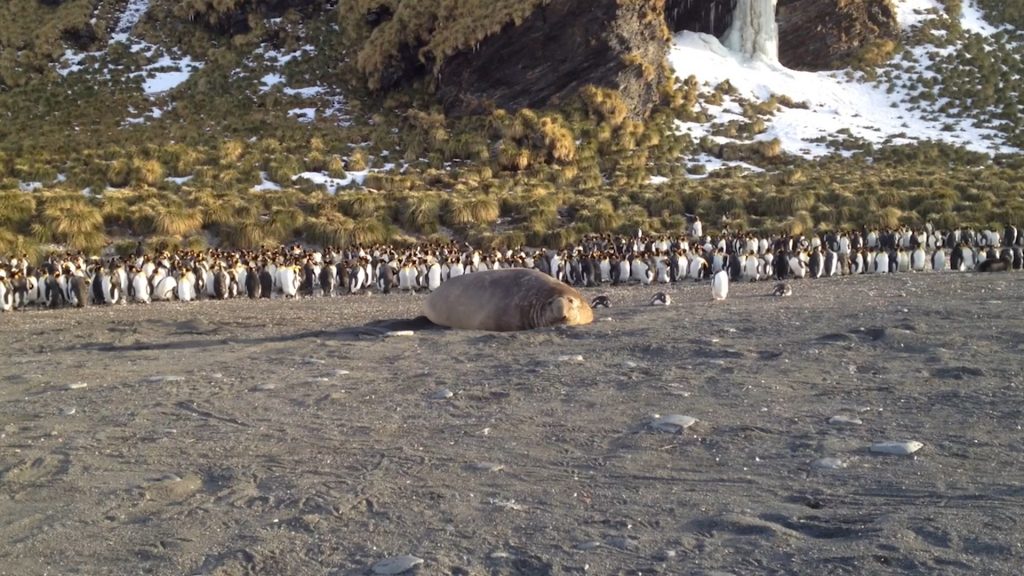

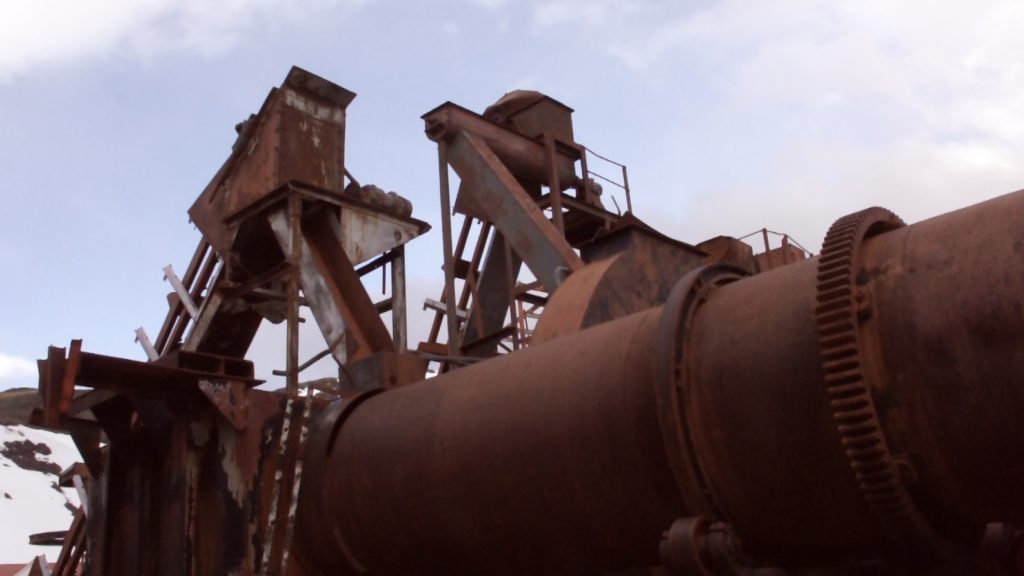

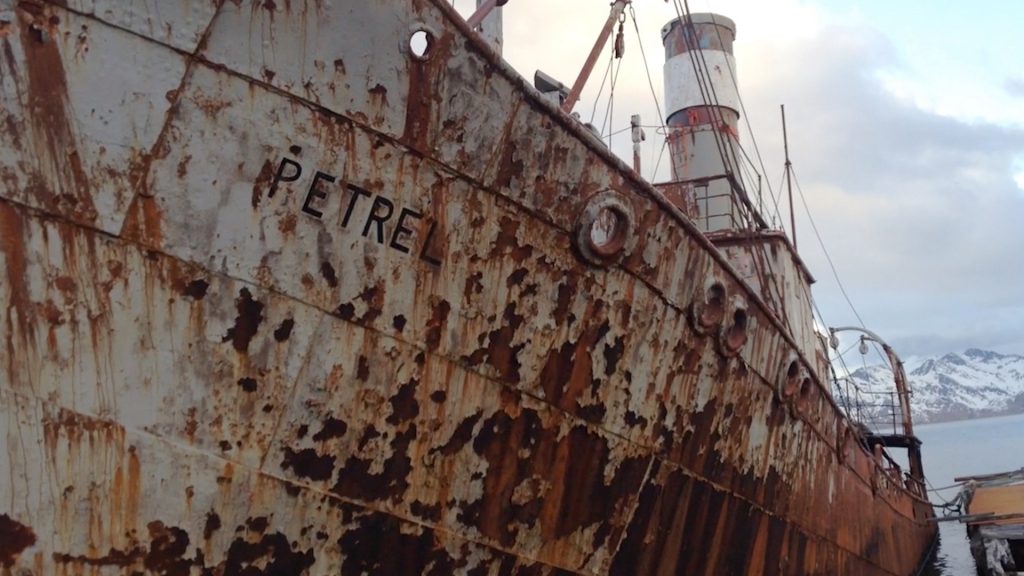
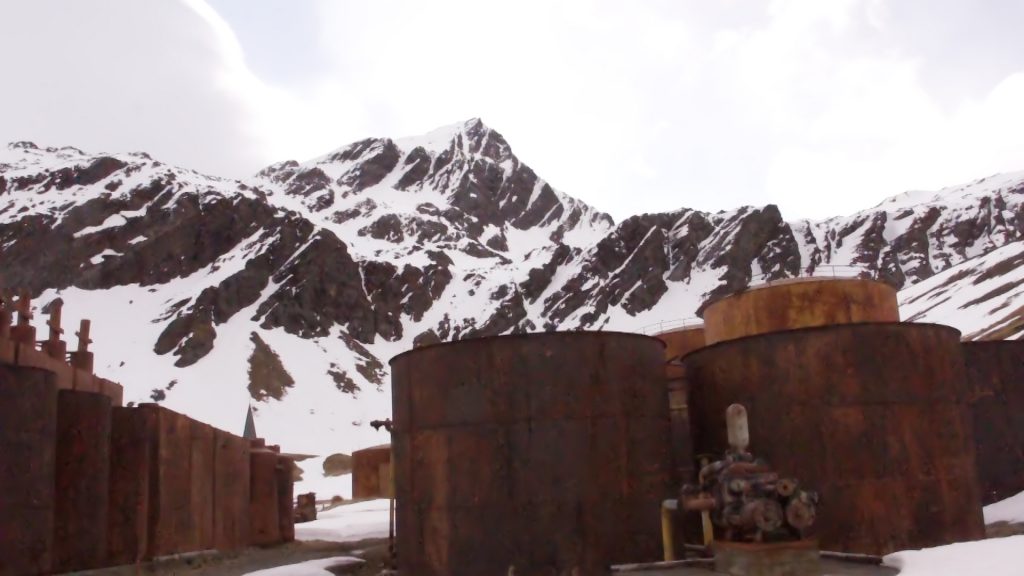

Review on www.thedreamcage.com
Steve Taylor-Bryant gets angry watching Antarctic Traces, directed by Michaela Grill, on this weekend at London Film Festival…
Exploring parts of Antarctica through literary sources and the history of the whaling industry to illuminate the void left behind after human exploitation
The above synopsis sounds intriguing and is what drew me to Antarctic Traces in the first place and, whilst it states that the whaling industry was a big part of the film, I was in no way prepared for the demoralising, soul crushing hatred I would have for the human race when the films credits ran. It’s not often I finish watching something with my broken heart so full of hatred to my fellow man but when Antarctic Traces was over, I just wanted to physically attack those in the whaling industry and treat them like the glorious creatures had been treated by them. And I would know how to because the acts of depraved butchery were described in painfully minute detail by narrator Elizabeth Anka Vajagic.
The film started with beautiful imagery of Antarctica and I was maybe expecting some poetic rhetoric over the top, something from Cook’s diaries or the like, something about exploration and human growth through knowledge. Wrong. From almost two minutes in I was made uncomfortable by the barbaric acts being described as the images of snow topped mountains and sleeping seals turned to rusty and broken whaling stations and unnerving percussion sounds that made me feel like I was there, part of the machinery of death. This is not a slight on Michaela Grill’s film at all, just a sad indictment of humanity. I found Grill’s film heart-breaking and barbaric and yet so vital I want the bloody thing shown in schools so the children understand how despicable grownups can be and that we can maybe raise a less cruel generation.
Antarctic Traces is stomach churning journey through a small part of human history that will leave you emotionally drained. I was thankful it was a relatively short film, clocking in around the half an hour mark, as I think any longer, and I may have to have stopped watching as my soul was being crushed. It is a film that should be a must see, an educational tool, but honestly it is so brutal on the senses that you need an iron heart to watch it. Get an iron heart. Watch Antarctic Traces. Get off your arses and make sure humanity is never this barbaric again.
Review by Maria Chiara De Pasquale on www.greenreport.it
Translation:

